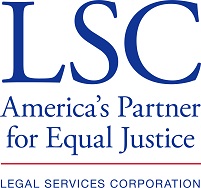Are you being evicted? Did your landlord say you must leave? If so, there are things you should know. Landlords are not above the law. In order to evict someone, they must follow the law.
Below are some of the most often asked questions about evictions.
What is an Eviction?
An eviction is a court process a landlord uses to remove a tenant renting a room, apartment, house, or mobile home.
What can the landlord evict me for?
You can be evicted for the following things:
What is an Order of Restitution?
“Order of Eviction” would mean the same. This is the court order telling the tenant how much time the tenant has before the tenant can be physically removed and the locks changed. It is sometimes called a Writ of Restitution, which also means the same thing. “Restitution” means restoring possession of the premises to the landlord. If you get an Order of Restitution, call Utah Legal Services right away.
How does an eviction affect me after I move?
Once an eviction action is filed, it is a public record that can be expunged under limited circumstances (for more information on eviction expungements, please go to our expungement page). Landlords often do background checks when someone fills out an application to be a tenant. Some landlords will not rent to people against whom an eviction action has been filed, even when the defendant wins or the case is dropped.
Our Partners
Utah Legal Services is a Legal Services Corporation (LSC) grantee. We are required to notify donors that our funds may not be used in any manner inconsistent with the Legal Services Corporation Act or Section 504 of Public Law 104-134.

